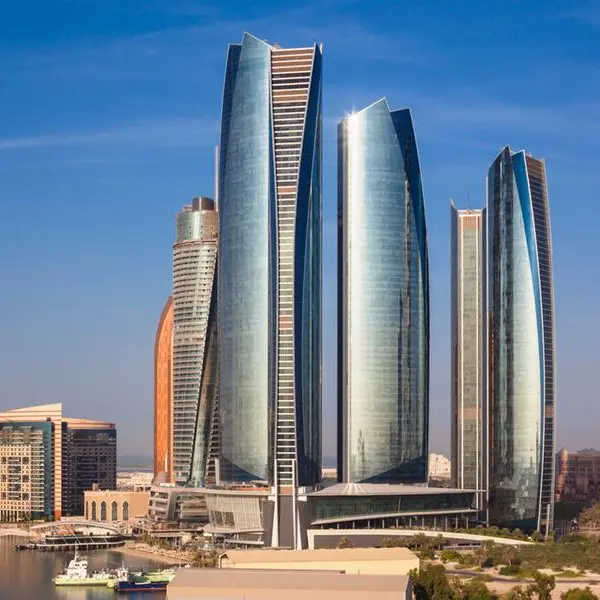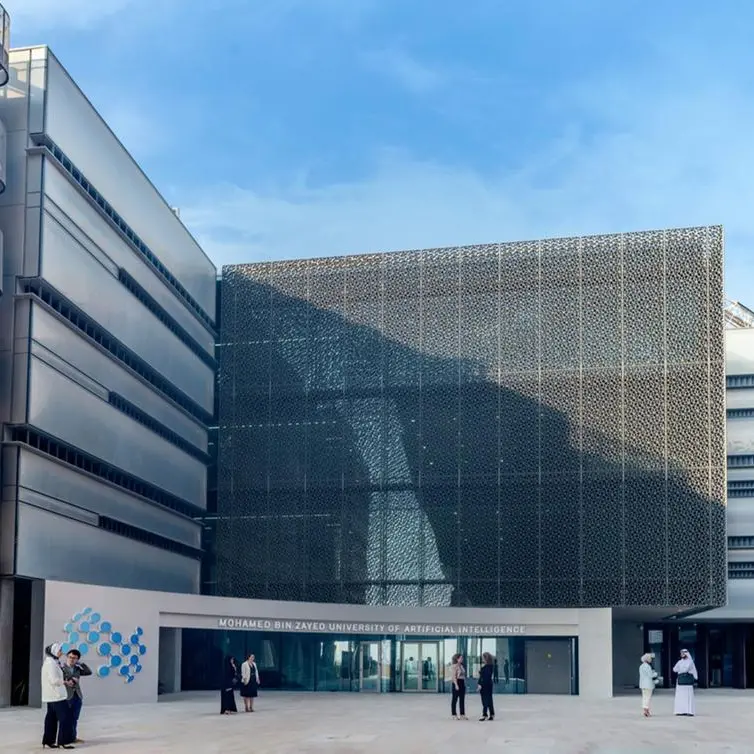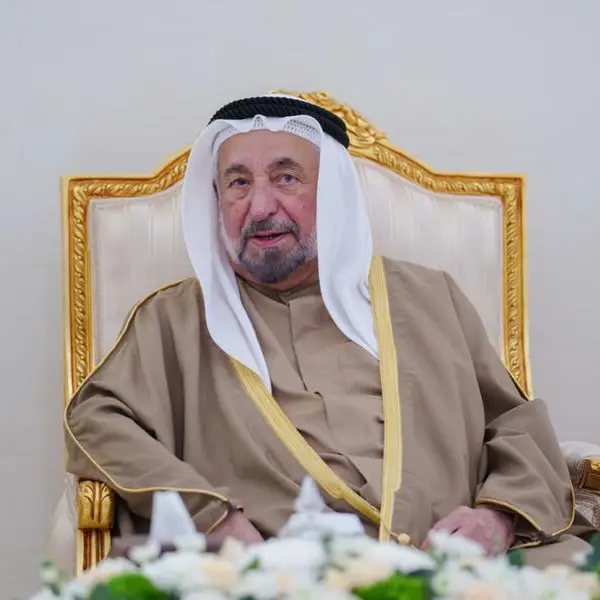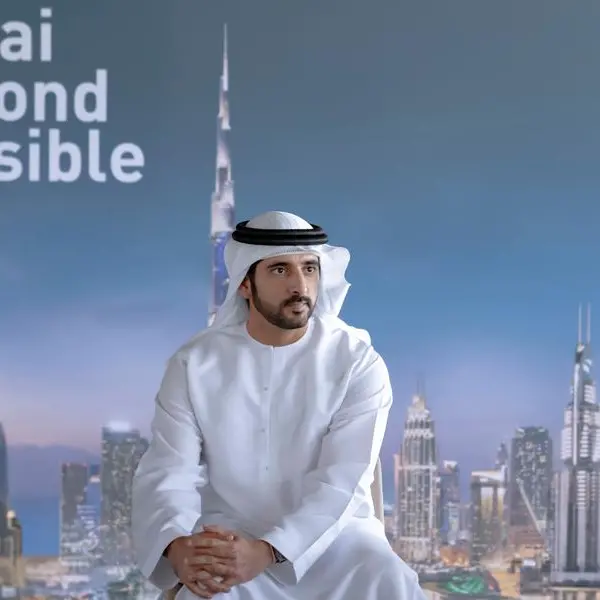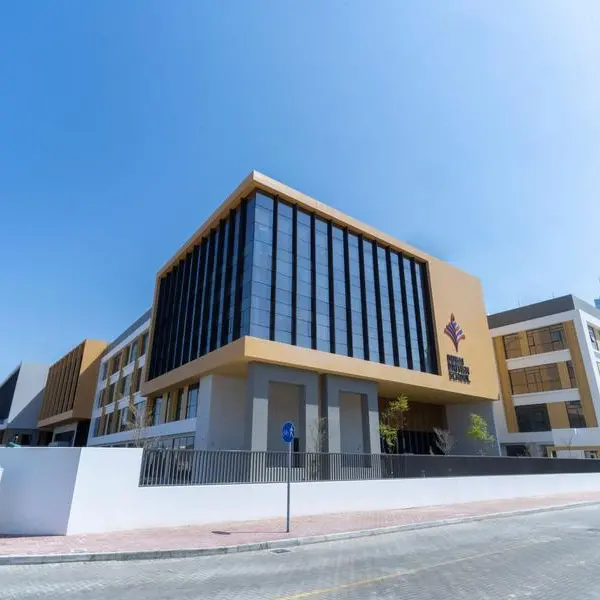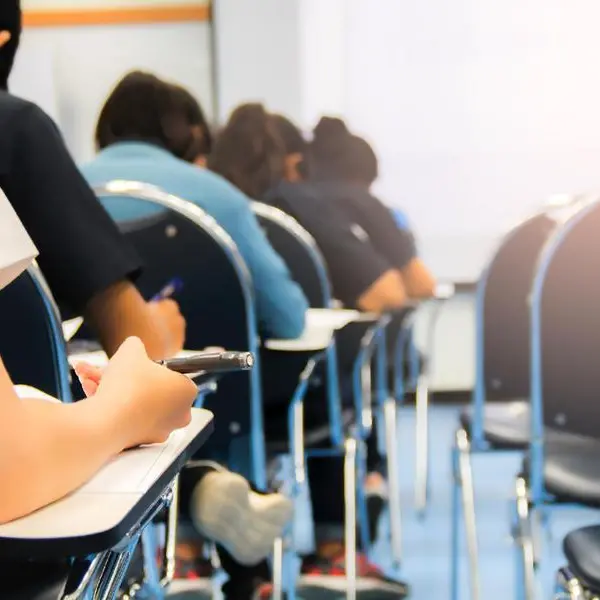PHOTO
Efforts by regional governments to develop the GCC education sector coupled with a growing population and sizeable budgetary allocations are factors that will fuel the sector’s growth in the region, according to industry experts.
The latest GCC Education Industry Report by UAE-based investment banking advisory firm Alpen Capital highlights a need for more private investments in the sector, where mergers and acquisitions (M&A) are thriving, along with greater edtech spending to drive a digital transformation.
In the region, Saudi Arabia is taking the lead by introducing various reforms to build a knowledge-based economy, such as allocating 17% of its budget, amounting to $50.4 billion, to the education sector alone, as part of its Vision 2030 strategy. The UAE has also boosted the education budget allocation in 2023 to 15.5%, or $2.7 billion, to improve educational quality and integrate technology into teaching and learning techniques.
Demand for affordable schooling
With student enrolments in the GCC expected to reach 14.2 million by 2027, the rising cost of education has become a major talking point, with industry players looking to bridge this market gap.
A survey conducted by Zurich International Life and YouGov revealed that 62% of parents in the GCC use their monthly income for school-related expenses. Parents in the UAE spent approximately 91,000 dirhams (US$ 27,776) annually on tuition fees compared to AED 46,500 (US$ 12,660) per year by those employed in the public sector.
Fees charged by international schools offering British, American and IB curricula were the highest, while the tuition fees for private schools offering Indian and Arabic curricula were relatively lower. The demand for the Indian curriculum has been on the rise across the region due to its level of affordability.
According to Alpen Capital’s managing director, Krishna Dhanak, the rising cost of living has affected the school operators and parents equally. The gap between the fees being charged and the quality of education have given rise to a certain level of affordable schooling that may not fit the premium segment but has allowed parents to save money by compromising on things like the teacher–pupil ratio and choice of curriculum.
More public–private partnerships
Public–private partnerships (PPP) will fuel industrial growth across the GCC in the coming years, with Saudi Arabia targeting its private sector investments to reach 25% by 2030, adding 1,000 new schools, or almost 900,000 seats, to the landscape. The PPP initiative is driving Saudi Arabia to build 120 new schools in Jeddah and Makkah for more than 100,000 pupils by 2024. The kingdom has also listed 11 new PPP education projects for the higher education segment to accommodate the anticipated rise in the number of students.
Last year, the UAE also pushed its PPP agenda to the forefront by announcing a new PPP model wherein Taaleem, Aldar Education and Bloom Education would run 10 public schools—Ajyal Schools or Generation Schools—in the first year, with the number rising to 28 within three years. While operating expenses and tuition fees would be borne by the government, the private operators would be responsible for curriculum development.
Increased demand for tertiary education
According to the report, the tertiary segment is expected to grow at a CAGR of 1.7% between 2022 and 2027 owing to increasing demand, affordability, and an enabling environment.
Taaleem’s CEO, Alan Williamson, said the trend of parents sending their children to the US, the UK or their respective home countries for higher education has undergone a significant change since the availability of high-quality tertiary education within the region.
According to Alpen Capital, in July 2022, 82% of Dubai’s international universities were given four- or five-star ratings, as part of the Rating of International Higher Education Institutions in Dubai. As a result, inbound student mobility, especially in the UAE, has grown over the years; in fact, at 48.6%, the country’s inbound mobility ratio is one of the highest in the world, beating major global study destinations such as the US, the UK, and Australia. In 2022, the UAE recorded 219,878 international students visiting the country for higher education compared to 77,463 in 2016.
Greater investment in edtech
While a digital transformation in education was already a focus for each GCC state, the pandemic accelerated this process and put a much greater emphasis on tech-enabled learning capabilities. Regional governments, in collaboration with public- and private-sector participants, are playing a critical role in transforming traditional learning methods by blending digital capabilities and the widespread penetration of digital devices for easy accessibility among students and teachers.
This has created multiple opportunities for educational technology (edtech) service providers to further establish their presence in the GCC while also prompting many ventures to raise funds to support their expansion plans.
The UAE leads in this area with initiatives such as the introduction in March of ChatGPT-powered AI tutors in the classroom.
Mergers and acquisitions thrive
The GCC education sector has witnessed significant mergers and acquisitions (M&A) activity over the past two years, including some big-ticket transactions such as the sale of Jebel Ali School in Dubai to Taaleem Holdings PSC last year for AED 233.5 mln.
While some of the deals have been organic and strategic in nature, primarily aimed at forming stronger entities to offset weak profitability, there has also been active participation from alternative investment firms, including real-estate investment trusts (REITs).
Going forward, the focus is likely to be directed towards value-creating opportunities, with larger players targeting small to mid-sized players as well as edtech providers.
(Reporting by Bindu Rai; editing by Seban Scaria)

